Un ritorno possibile: il caso della borgata Paraloup nelle Alpi occidentali
Abstract
Il progetto per il recupero della frazione Paraloup in Piemonte rappresenta la possibilità di riportare in vita un villaggio abbandonato. Questa esperienza mostra anche il processo di valorizzazione e comunicazione di una delle pagine più intense della storia del nostro Paese, sia per il suo valore come documento che per il suo interesse antropologico e sociale. Paraloup è un piccolo villaggio alpino al centro della valle, composto di un gruppo di case in pietra, un tempo legate ad alpeggi stagionali. Il saggio si concentra sul recupero del piccolo borgo abbandonato e i risultati concreti in termini di ricadute culturali, sociali ed economiche. Paraloup oggi è una realtà viva e ripopolata in un luogo di montagna prima deserto e ridotto in rovina. Per questi risultati, il recupero di Paraloup è diventato famoso in Europa e ha ricevuto molti premi e menzioni d'onore. Nel 2018 il progetto è stato esposto alla Sedicesima Venezia Biennale per il Padiglione Italia dal titolo “Arcipelago Italiano - Progetti per il futuro dei territori interni del Paese ".
A possible return: the case of the Paraloup village in the Western Alps
The project for the recovery of the Paraloup hamlet in Piedmont represents the possibility of bringing back to life an abandoned village. This experience also represents the enhancement and communication of one of the most intense pages of the history of our country, both for its value as document and for its anthropological and social interest. Paraloup is a small alpine village in the middle of the valley, composed of a group of stone houses, once linked to seasonal mountain pastures. The essay focuses on the recovery of the small, abandoned hamlet and the concrete results in terms of cultural, social, and economic aspects. Paraloup today is a living and repopulated reality in a mountain place that was a desert and a pile of rubble. For these results, the recovery of Paraloup has become famous in Europe and received many awards and honorable mentions. In 2018 the project was exhibited at the 16th Venice Biennial for the Italian Pavilion entitled “Italian Archipelago - Projects for the future of the country’s internal territories”.
Parole chiave
Full Text
PDFDOI: https://doi.org/10.14633/AHR261
Refback
- Non ci sono refbacks, per ora.
Copyright (c) 2020 Daniele Regis

This work is licensed under a Creative Commons Attribution-NonCommercial 4.0 International License.
........................................................................................................................................................................................................................................................................................................................................................
ArcHistoR è una rivista open access e peer reviewed (double blind), di Storia dell’architettura e Restauro, pubblicata con cadenza semestrale dall'Università Mediterranea di Reggio Calabria (Laboratorio CROSS - Storia dell'architettura e Restauro, dAeD - Dipartimento di Architettura e Design).
ISSN 2384-8898
![]()

Comitato scientifico internazionale
Maria Dolores Antigüedad del Castillo-Olivares, Monica Butzek, Jean-François Cabestan, Alicia Cámara Muñoz, David Friedman, Alexandre Gady, Jörg Garms, Miles Glenndinning, Mark Wilson Jones, Loughlin Kealy, Paulo Lourenço, David Marshall, Werner Oechslin, José Luis Sancho, Dmitrij O. Švidkovskij
Comitato direttivo
Tommaso Manfredi (direttore responsabile), Giuseppina Scamardì (direttrice editoriale), Antonello Alici, Salvatore Di Liello, Fabrizio Di Marco, Paolo Faccio, Mariacristina Giambruno, Bruno Mussari, Annunziata Maria Oteri, Francesca Passalacqua, Edoardo Piccoli, Renata Prescia, Nino Sulfaro, Fabio Todesco, Guglielmo Villa
 .
. 


2.jpg)
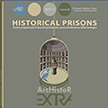
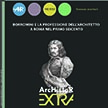
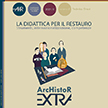

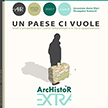
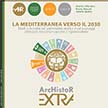
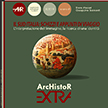
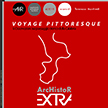
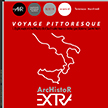
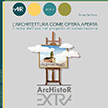
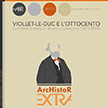
_2.jpg) .
. 
 .
. 

